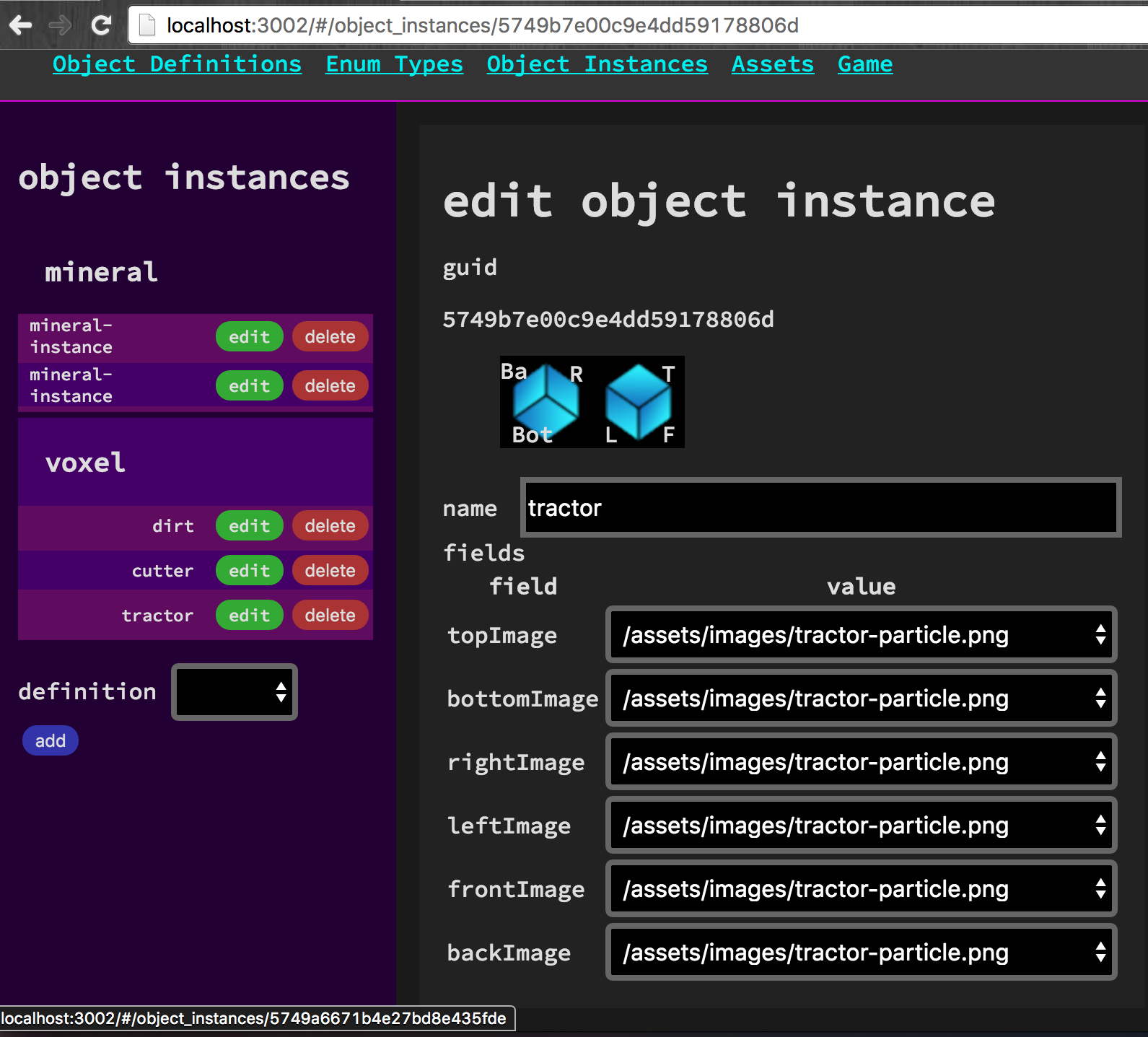verification
Unit tests, type checkers, SAT provers. These are all tools we use to verify our code, and it’s by no means an exhaustive list. People struggle with using them though. Ruby and Python engineers typically find static type systems too cumbersome. Instead they favor more unit tests (those that do unit testing). C# and Java engineers generally like the benefits of static checks to make sure interfaces are respected (except null - seriously wut r u doing?). On the more extreme end you have tools like Haskell that are statically typed in a way C# and Java engineers can’t even wrap their heads around without major study.
Think of Java and C#’s type system to be very simplistic. For the most part, it just makes sure that you are using interfaces as declared. Not really much else. We’ll ignore the problem with null breaking all of those interfaces at runtime for now. Even with such a simplistic system, there’s simply a series of unit testing that needn’t be done. You said a string gets passed in here, so you’d better get a string (or null - I lied about ignoring the problem). That’s a hell of a lot different from Ruby. You could get anything. How does it handle that? Do you care? Maybe you just test how you use your code from other places in your code. Jumping back to static type systems - the functional programming languages with type systems such as Elm, F#, and Haskell all provide type systems that don’t allow for null, and have varying levels of requirements to make sure when your code must split on paths, all of those paths are covered. Isn’t that neat? It lets you lean hard on these checks. Many of these checks are backed by mathematical proofs - think abstract math, not just pure numbers. Many functional programmers using tools like Haskell believe the usefulness of unit tests everywhere is diminished by a mean type system that punishes you for being a lazy engineer who doesn’t account for all the errors that could happen and whatnot.
But we still struggle. We have the internet arguing with itself over whether or not 100% test coverage is feasible. Is it useful? But wait that doesn’t speak to the quality of the tests. Unit tests are anecdotal - you want to prove your program works just like how your geometry class made you prove that squares are just rectangles but with some additional constraints. What a great time it is to be a software engineer. It’s a landscape full of people just trying to figure it out. I suspect many of us who feel like we have solid answers simply have solid answers that works for ourselves. But sometimes the best thing to do is no thing. Artists use negative space to great effect. Even comic artists use extra panels with no changes whatsoever but it communicates something powerful to the reader. Comparing software engineering to art will give me pretentiousness points even I’m not comfortable with, and it would just be plain wrong. I don’t have comments enabled on this blog so I’ll be spared, right?
Sigh.
What if I submitted that verification is sometimes overkill, or perhaps even often overkill. Hopefully this isn’t a sign of quality on my part, but I find a great deal of my time as an engineer is spent putting up forms. I skin databases. What are we proving with forms? Don’t get me wrong. I have TDDed several apps and will likely continued to do so. I have apps that are at 100% coverage. However some things are hard to test. Sometimes it’s just tedious to test.

Does this need unit tests for putting in the name? What about toggling the select box? Maybe! The select box does more than just change data, it updates the cube above.
What if we just committed ourselves to doing an automated smoke test to our silly forms that have little variation in their behavior? If we like, we can add tests later. The compromise is we’ll follow some patterns that make testing easy. This usually means ditching objects and embracing the wonderment that is functional purity.
cue parting the heavens with rays of sunshine and doves
Maybe the hard part about testing is when we try to do it for everything we realize it’s not really helping us after a point. We can still have type checking. We can still have unit tests and integration tests. Nobody ships their tests or their types. So maybe testing all of those button presses in Redux is not really worth all of that time. As things get complicated, fill your boots. Write those tests and get strict with your types. Those are your big guns.